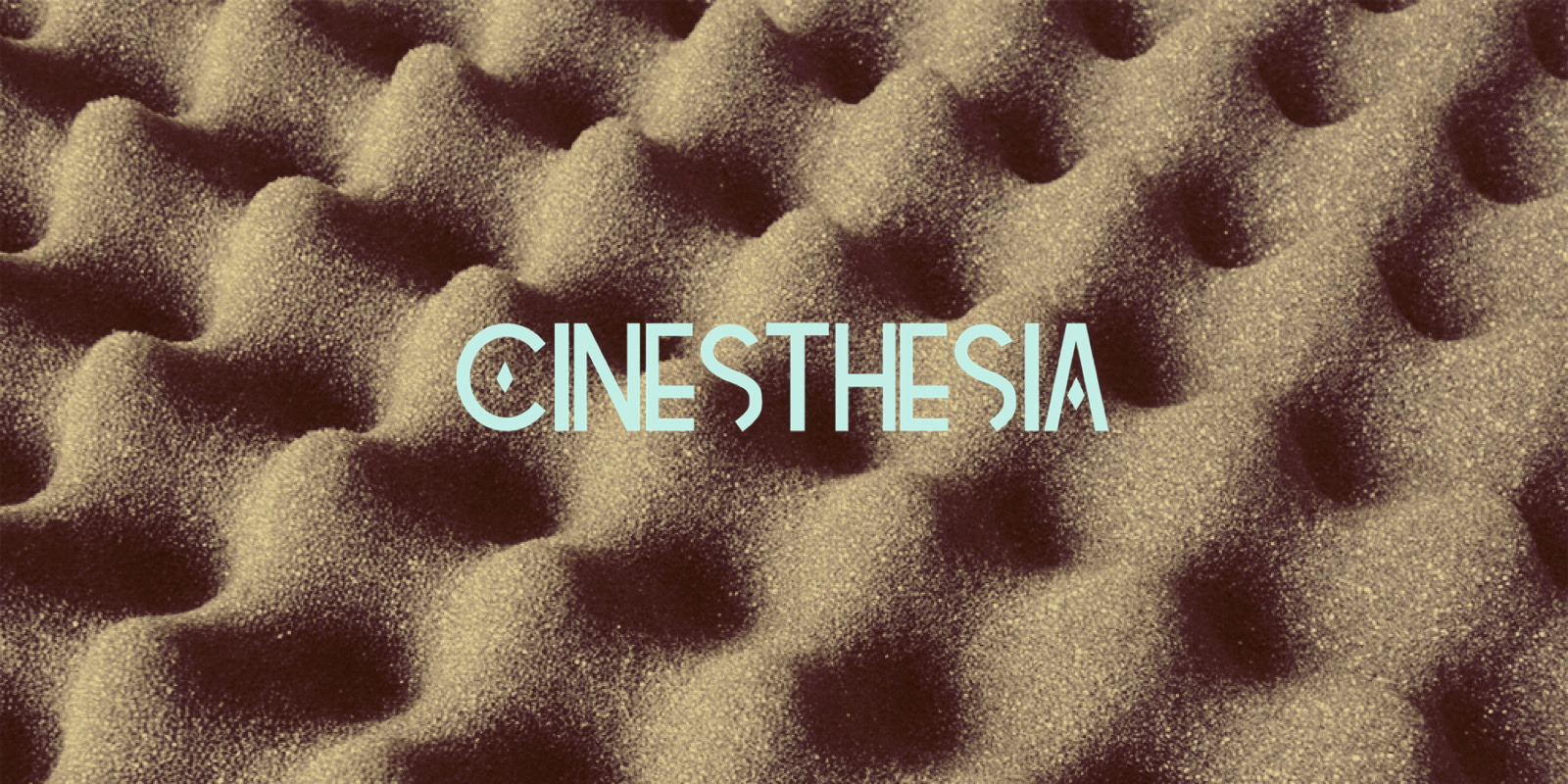Episode 13: “Markers” Speak Through the Essay Film
In his “Essays” from 1580, Michel de Montaigne says “the essayist tries too figure out what he or she thinks about something based on personal experience.”
creative nonfiction for audio


In his “Essays” from 1580, Michel de Montaigne says “the essayist tries too figure out what he or she thinks about something based on personal experience.”
I’m in love with a genre of filmmaking — the self-inscribed film, when filmmakers use the camera/pen to write their personal story cinematically.
In his Oscar awards acceptance speech, Ke Huy Quan said “To all of you out there,” pointing at the directly at the viewer, “please keep your dreams alive.”
LA Alfonso discusses film festival theory, Hot Docs 2023, cinematic notebooks and talks to filmmaker Max Mueller about his film “Entities with Knowledge.”
A sudden detour into nonsense can cause someone to laugh; the getting of “laughs” is the motor that drives the nonsense in some early animations.
The word manifesto came from the Latin manu festus—“struck by hand,” it came from the tradition of proclamations, or edicts — a “change-writing” genre.
David Holzman’s Diary (1967) pioneered the genre of the autobiographical documentary which inspired filmmakers to turn their camera on their own lives.
The Watermelon Woman by Cheryl Dunye looked at the concept of the archive, film scholar says it captures the politics, drama and spirit of the Archive.
Often labelled as subjective or objective, there is nonetheless a long tradition of reenactments in documentary films. Could there ever be objective truth in documentaries?
LA Alfonso adapts Martin Scorsese’s “I Said Marvel Movies Aren’t Cinema. Let Me Explain” into a soliloquy, is cinema dying? Thomas Flight weighs in, and David Lynch